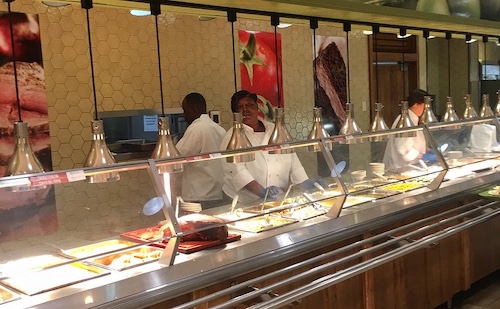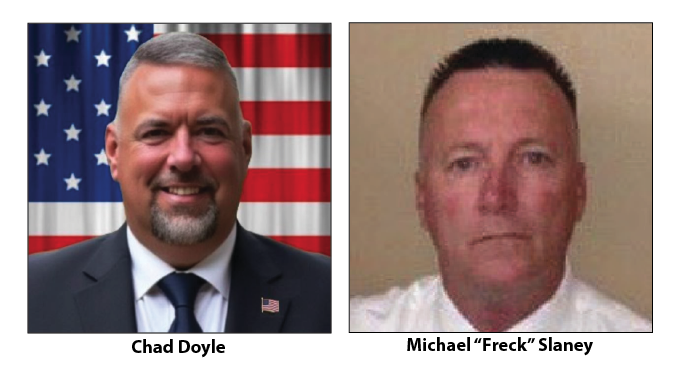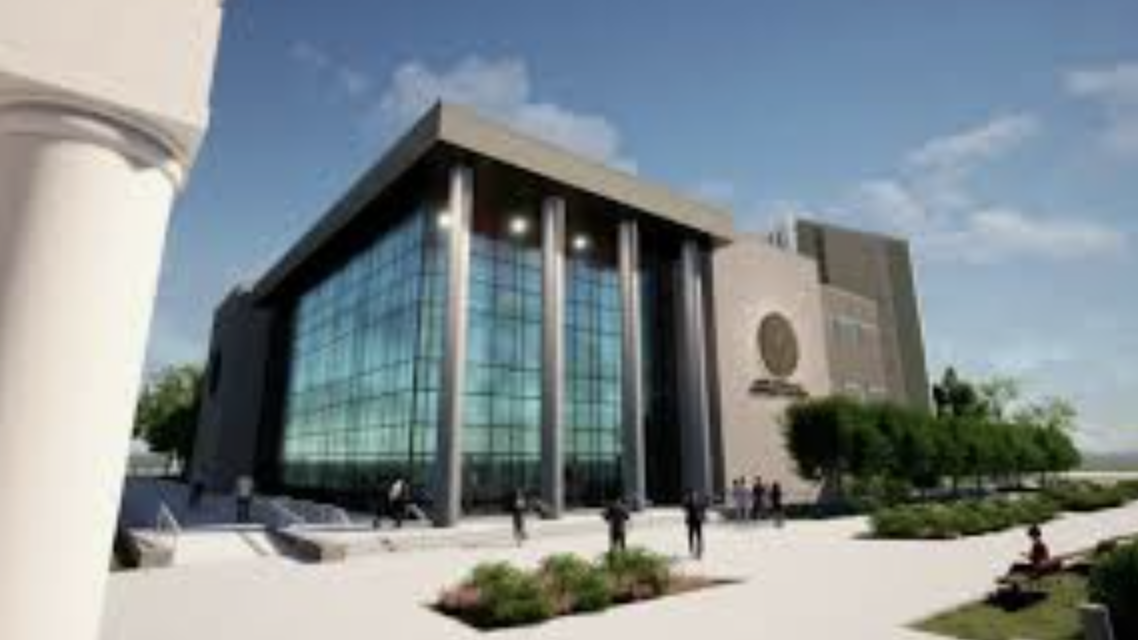Jim Beam column:Remembering the Piccadilly
Published 6:38 am Saturday, July 19, 2025

- The lines at the former Piccadilly cafeterias in Lake Charles are long gone, but the memories of the favorite establishments have been reawakened.(Photo courtesy of Tripadvisor).
What do you think of when you think of Piccadilly?
The Advocate in a Thursday story about the once famous cafeteria chain asked that question right off the bat, and it brought back some pleasant memories.
My family years ago headed straight for the Piccadilly cafeteria on Ryan Street right after church when our two children were youngsters. Jamie and Bryan weren’t happy about having to stand in the always-long lines of churchgoers, but the wait was always worth it.
Trending
We also ate at the Piccadilly on Wednesday evenings and always saw a lot of people we knew whether at the Piccadilly on Ryan or the Piccadilly at the Prien Lake Mall.
When I covered the Louisiana Legislature in Baton Rouge for many years, I ate often at two Piccadilly cafeterias. They were a great place to go when you got tired of eating sandwiches and hamburgers and wanted some meat and vegetables.
The newspaper said Piccadilly was founded in downtown Baton Rouge by T.H. Hamilton in 1944. The headline on the story also asked. “How has Piccadilly weathered the decades?”
Some who remember the two local Piccadilly cafeterias that closed may recall there was talk about another Piccadilly opening at the mall. However, that turned out to be an unwelcome rumor.
After the Piccadilly chain purchased Morrison Restaurants Inc. in 1998, Piccadilly had about 270 locations. Now, there are only 30 Piccadilly cafeterias left.
There are four in Baton Rouge and one each in Denham Springs, Gretna, Lafayette, Metairie, Monroe and Shreveport. The others are in Alabama, Florida, Georgia, Mississippi, Tennessee and Virginia.
Trending
Peter Ricchiuti, a business professor at Tulane University, and his students worked to study and track numerous public companies, including Piccadilly in the 1990s. They determined the purchase of Morrison’s was a huge blunder for the company because people had loyalty to their own brand of cafeteria.
The company filed for bankruptcy in 2003 because of poor performance. It was purchased by Piccadilly Investments. The purchase took the company private after 27 years of being a public company. It filed for bankruptcy again in 2012. In 2014, it was purchased by Falcon Holdings, which is known for revitalizing struggling businesses.
The decline of Piccadilly is also a story about changing times. Cafeteria-style dining has fallen out of vogue, and the chain has long struggled to court younger customers.
The Tulane professor said, “If you’re not from the South, you associate cafeterias with the worst times in your life — like being hospitalized or being in middle school. That’s what they’re fighting against.”
In the 70s and 80s, fast food became a much larger part of the American diet, and since Piccadilly’s heyday, dining out in general has become a bigger thing.
The newspaper said in an attempt to cut costs, keep up with the times or adapt to the economy, Piccadilly also lost some defining features. At one time, there were cloth napkins, some live music and commissioned murals.
Jeannine Gerald Schutte, 70, was hired to play the piano at the Piccadilly at Bon Marche Mall in Baton Rouge when she was in high school (1968-72) and got free meals. Her favorite was mac and cheese and chocolate pie for dessert.
Schutte talked about busloads of soldiers stopping and readers wrote the newspaper about their baseball or basketball teams stopping at the Piccadilly cafeteria for meals. Seniors on gambling or vacation trips do that these days at fast food places, and you don’t want to be there.
The Advocate said a former executive vice president of Piccadilly said Mother’s Day was the biggest day of their year from 1971 to 2001.
One Piccadilly customer said something that best defines what Piccadilly means to a lot of people.
“Piccadilly is all about family,” he said. “It’s about places that you went with your parents, with your children, maybe your extended family.” He said it was a place he loved to go to and spend quality time together and it was a time in his life when getting together with his three kids over a meal was easy.
Yes, it was great. And when Jo Ann, my late wife, and I took a dozen medical trips to Houston every year, we always ate at a Luby’s cafeteria. My daughter and I still do that when we make those rare trips now.
Do you have any personal memories of the Piccadilly cafeteria?
Jim Beam, the retired editor of the American Press, has covered people and politics for more than six decades. Contact him at 337-515-8871 or jim.beam.press@gmail.com.





